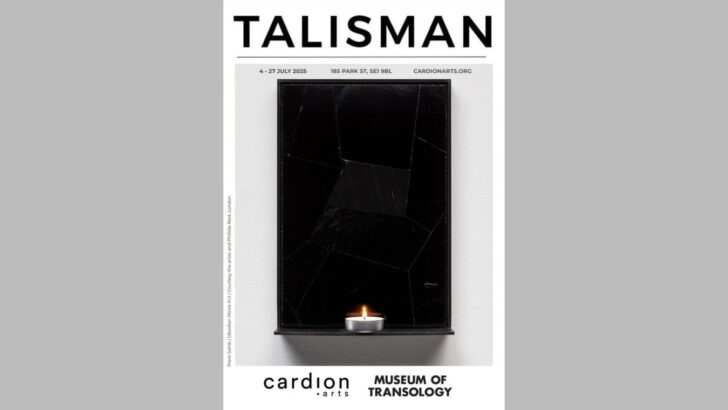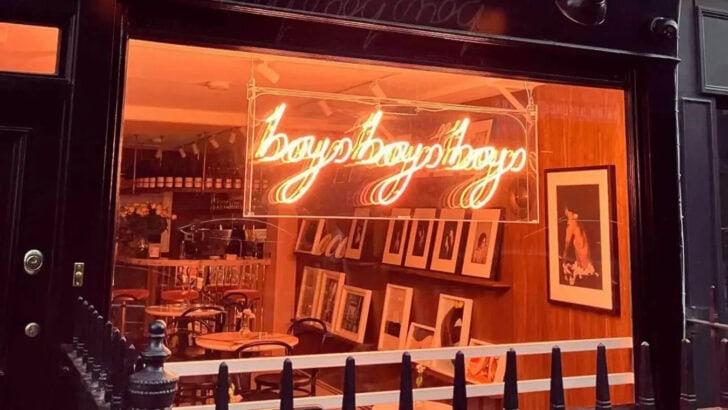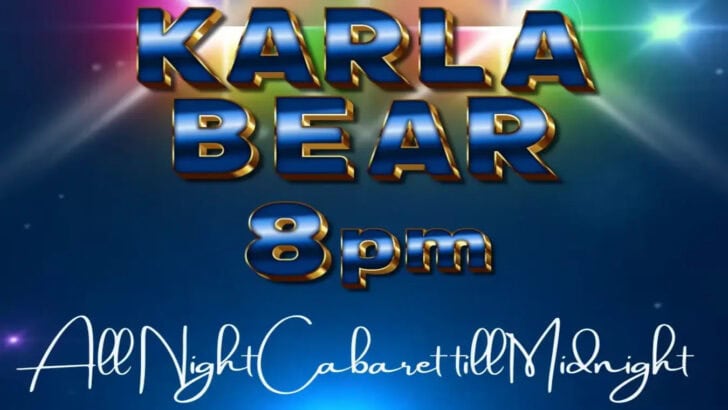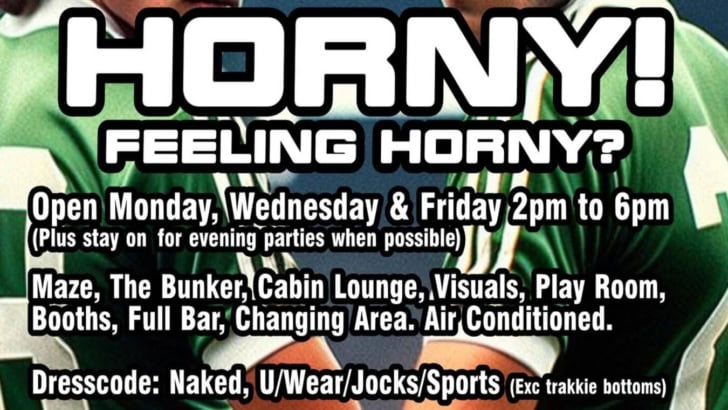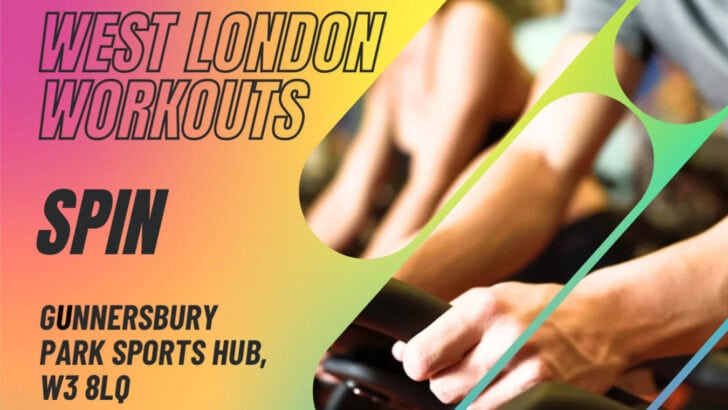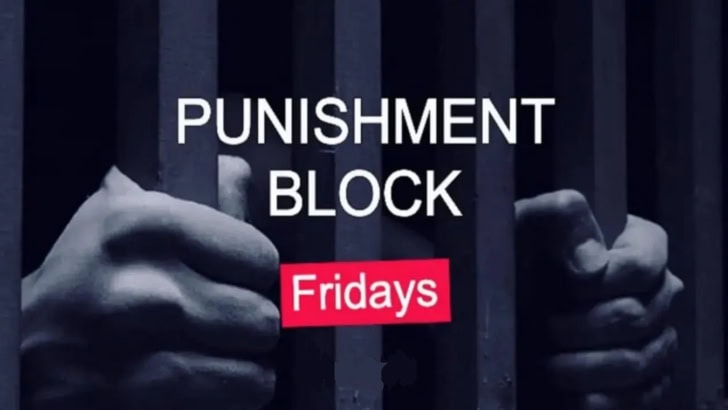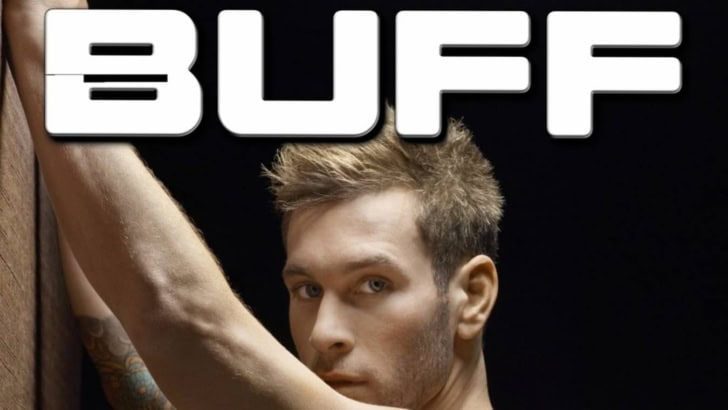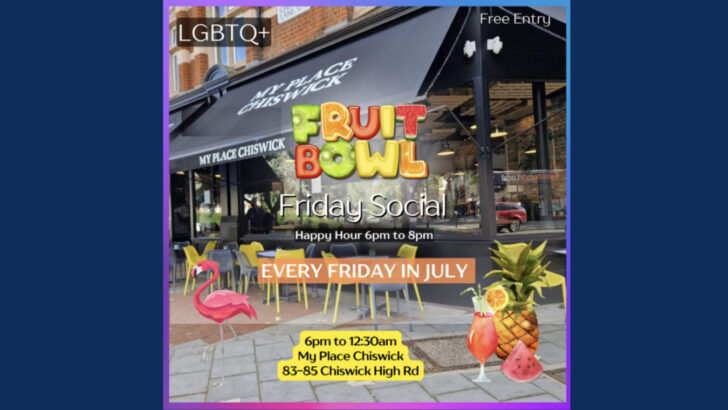There has been more than a worrying trend of anti-gay feeling and legislation sweeping through parts of Africa of late. Almost daily we see alarming and incomprehensible news reports emerging all over social media sites. Stories of torture, repression and of basic human rights being denied.

Being of Nigerian heritage yourself, what was your initial reaction to the ‘Jail the Gays’ bill being passed?
Firstly, a deep sadness as it is a horrific yet significant leap forward for hate – we could be on the cusp of Salem-type-witch-hunts of LGBTI people – and second, an overwhelming sense of helplessness. Now I have the fire in my belly and want to do all I can to help.
How should other nations help?
Internationally, there needs to be constant pressure. And the leaders of the countries passing these draconian laws should be isolated.
Do you believe in cutting aid?
There needs to be more than just condemnation. An example needs to be made so that other countries will desist from following suit; no attention should be paid to red herring rebuttals such as ‘imperialist interference’. Sanctions by the West are not as powerful as they used to be as China and Russia with their deplorable human rights records and growing economic might, will opportunistically pick up the blood business. Aid on the other hand is a powerful weapon, which should be used. I normally would not support this course of action, but sadly for a country that is 90% homophobic, I couldn’t care less. It will take generations to make the more significant changes, but we have to start now.
Nigeria is also a non-permanent member of the UN security council and part of the Commonwealth; both of which chiefly spell out respect for human rights in their mandates. Would a temporary suspension of their membership be effective?
Again, China and Russia are permanent members of the United Nations Security Council and so this will be another dog-fight but we must engage. Our leaders will only fight hard if it becomes politically expedient for them to do so as every politician’s primary concern is re-election. Everyone must do their bit to pile on the pressure so we get more than benign statements from the Prime Minister’s Press Office. But I wouldn’t be 0pposed to their expulsion.
“Since Nigerians have recently found a way to tolerate their tribal factions, religious and sexuality intolerance are the new frontiers.”
Do you think Nigeria’s deep-rooted religious culture plays a factor?
Nigeria’s half-Christian, half-Muslim population is encased with dogmatic pursuit. It is also a country of deep-seated customs and cluster-uniformity, which means that ‘difference’ is regarded with suspicion, which can rapidly develop into intolerance, bigotry and sometimes death. Tribal conflict has been the predominant manifestation of this over the years, but since Nigerians have recently found a way to tolerate their tribal factions, religious and sexuality intolerance are the new frontiers.
What are your own personal experiences of attitudes towards gay people there?
I went to Nigeria when I was eight years old and returned to the UK when I was twenty-one – coming out in my mid 20s. When puberty came knocking, I bolted the doors to my closet, which were thicker than a Fort Knox vault, because it is 90% homophobic. To be discovered is to risk the wrath of the lynch mob.
How did your own parents and family react to your coming out?
My family members, to varying degrees, have learned to live with it because I have a ‘no compromise’ attitude: I can live without my family, but not without myself. Some Nigerian families in the West have accepted their LGBTI family members unreservedly but less so for those based in Nigeria.
Your new show ‘Freckled’ runs at the RVT from the end of the month. Tell us a bit about it; does it touch on this issue?
Freckled is about the movement of people and the misunderstandings and hiccups that result from such migration. I will also be joined by some special guests: Iris RainbowGoddess on the 30th January, and Mitzi Macintosh on 6th February. The show touches on this statutory homophobia issue as it is close to my heart.
• Freckled is at The Royal Vauxhall Tavern (372 Kennington Lane, Vauxhall, SE11 5HY) on Thursday 30th January and 6th February, 8.30pm-late.






